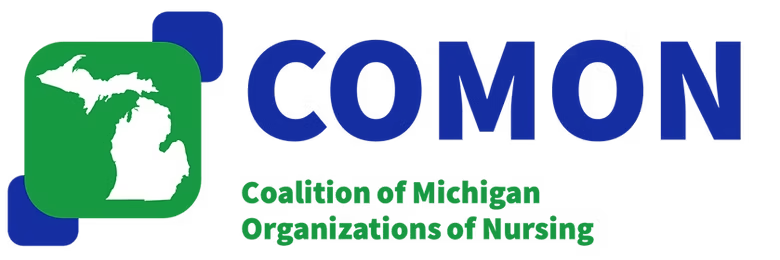A new round of relief is on the way for thousands of Michigan residents. Beginning January 1, 2026, the state will issue a $250 stimulus payment aimed at helping low-income households manage winter heating costs.
This initiative is a joint effort between Consumers Energy and the Michigan Department of Treasury, created to provide timely financial assistance during the coldest months of the year.
Unlike previous federal stimulus programs, this payment will be automatically credited to eligible customers’ energy accounts — meaning no need to file tax returns or separate applications.
$250 Stimulus Payment Schedule – Michigan 2026
| Event | Date | Details |
|---|---|---|
| Program Launch | January 1, 2026 | Stimulus credits start applying to eligible accounts |
| Eligibility Check Begins | December 15, 2025 | Residents can confirm eligibility via 2-1-1 or mi211.org |
| First Payment Cycle | January 1–15, 2026 | Direct $250 credit appears on Consumers Energy bills |
| Final Payment Window | March 2026 | All eligible accounts expected to receive payment |
Who Qualifies for the $250 Stimulus Payment?
Eligibility for this $250 Stimulus Payment focuses on households earning below the federal poverty threshold.
The program’s design ensures that funds reach those most impacted by rising utility and energy prices, including seniors, single parents, and low-income families.
Residents are encouraged to check their status or seek help through Michigan’s 2-1-1 helpline, which connects individuals to local nonprofit organizations handling utility assistance programs.
Helpline: Dial 2-1-1
Website: mi211.org
This service operates 24/7, offering free, confidential, and multilingual support for those needing assistance with bills, food, housing, or heating emergencies.
How and When Payments Will Be Made
Michigan officials have confirmed that payments will begin January 1, 2026, and continue through the winter months.
Eligible households will see a $250 credit applied directly to their energy bill — effectively reducing out-of-pocket heating costs.
The initiative comes at a crucial time as heating expenses are expected to spike this winter, making this program a lifeline for many struggling families.
Why Michigan Is Taking Action
The state’s leadership and Consumers Energy emphasize that the goal is to ease the financial stress residents face every winter.
By directly applying payments, the plan eliminates delays, reduces paperwork, and ensures that aid reaches people faster.
This move also helps maintain community economic stability, preventing overdue utility payments from turning into broader financial hardship.
A Model for Other States
With energy costs continuing to rise nationwide, Michigan’s proactive $250 relief initiative may inspire other states to follow suit.
The focus on simplicity and direct aid — without tax filing or application hurdles — makes it an efficient model for state-level assistance programs in 2025–2026.
Final Thoughts
As temperatures drop and energy costs rise, Michigan’s $250 stimulus payment offers a much-needed cushion for vulnerable families.
Residents are urged to verify eligibility early and reach out to 2-1-1 for any questions.
This winter, Michigan’s stimulus plan represents not just financial relief — but a commitment to community care and stability.
FAQ’s: $250 Stimulus Payment 2026
1. Who qualifies for the $250 stimulus payment in Michigan?
To qualify, households must have an income below the federal poverty threshold and be Consumers Energy customers with high winter utility costs. The program specifically targets low-income residents to help with heating expenses.
2. When will the $250 stimulus payments be issued?
The $250 stimulus payments will begin January 1, 2026, and will be directly applied to eligible customers’ utility accounts — no paper checks or tax filings are required.
3. How can residents check their eligibility or get help?
Residents can dial 2-1-1 or visit mi211.org for free, confidential assistance. The helpline connects callers with local nonprofit programs offering help with utility bills, housing, and other essential needs.


